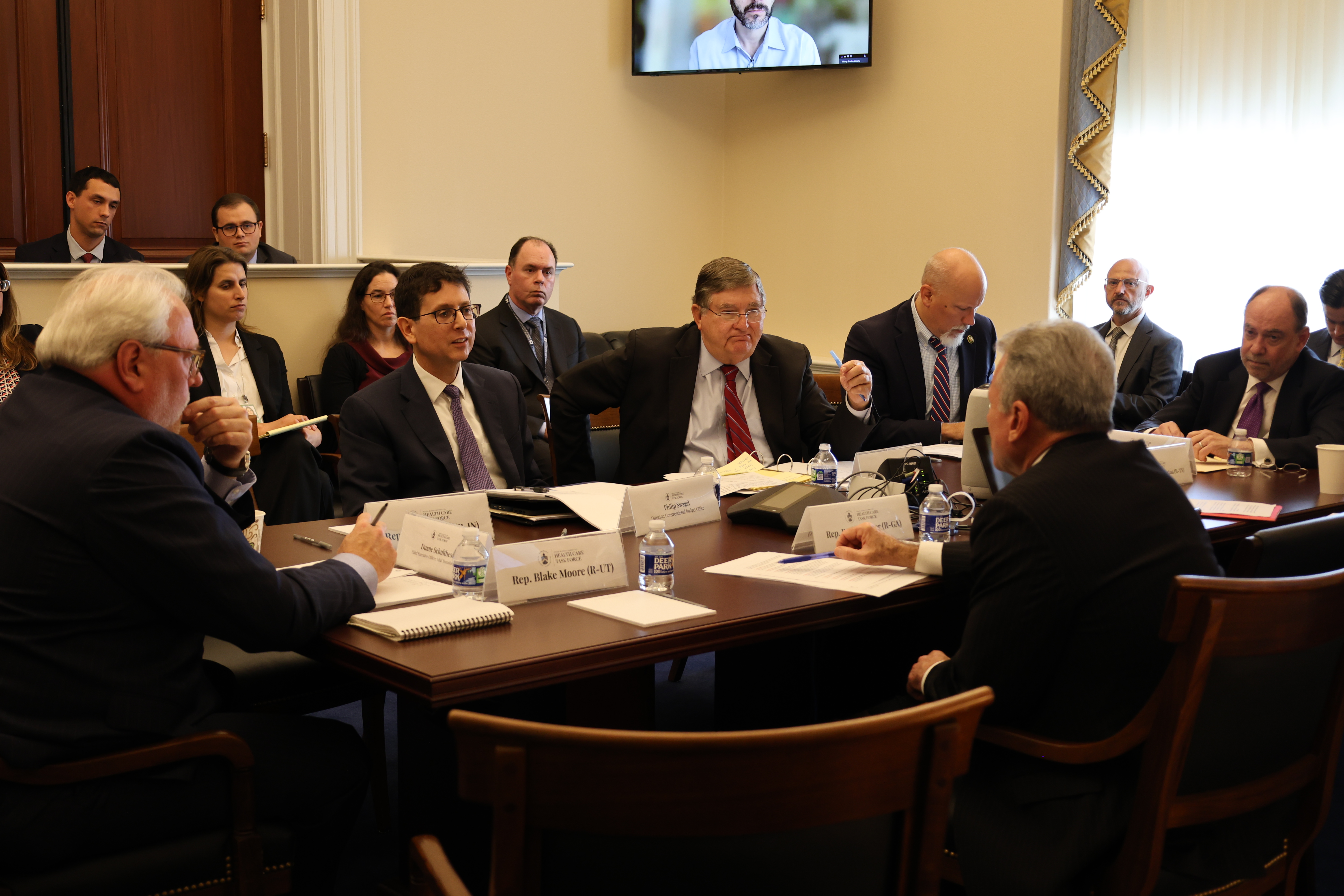ICYMI: New Study Reveals Medicare Site-Neutral Policies Lower Costs for Cancer Patients and Reduce Federal Spending
The American Cancer Society Cancer Action Network (ACS-CAN) released a study showing that equalizing payments for Medicare services regardless of the site of care through site-neutral payments would lower out-of-pocket costs for seniors with cancer and decrease Medicare spending.
The House Republican Fiscal Year (FY) 2024 “Reverse the Curse” Budget Resolution included a policy option that would equalize Medicare payments regardless of the site of care, reducing out-of-pocket costs for seniors and decreasing Medicare spending, while protecting rural providers. This would save the Medicare program an estimated $115 billion over 10 years.
Word on the Street:
- “There are persistent trends of growth in Medicare Part B spending and acquisitions of independent physician practices. One driver of these trends is differential rates paid for the same services provided in different settings of care.”
- “A review of Medicare costs for services a hypothetical breast cancer patient receives in a calendar year found that:
-
- Services provided in [Hospital Outpatient Departments (HOPDs)] were reimbursed at a rate that was 3 times higher than services provided in a physician office setting;
- Certain services provided in HOPDs were reimbursed at rates that were more than 5-6 times higher;
- The hypothetical patient would have experienced a $1,500 reduction in out-of-pocket (OOP) costs over the course of a year if site neutral payment had been implemented;
- Medicare Part B spending would have been $7,750 less if site neutral payment was in place; and
- Targeted site neutral payment reforms could lower both patient OOP costs and overall Medicare Part B spending.”
- “Site neutral payment reform is a promising option for reducing patient OOP costs and lowering Part B spending. For cancer patients, site neutral payments potentially reduce OOP costs for their cancer care and provide greater flexibility in terms of where the patient chooses to get services—whether a physician office or a HOPD.”
- “Payment policies should not create incentives that push patients into higher cost settings when the same care can be provided in a lower cost, often preferable, site of care.”
The Big Picture:
The House Budget Committee Health Care Task Force (HCTF) held its inaugural Member roundtable on October 26th. The Health Care Task Force is working to reduce health care spending while working to modernize and personalize the health care system, support innovation, and increase patient access to quality and affordable care. Equalizing payment for the same services in Medicare is a commonsense policy to achieve these goals.
The roundtable examined and analyzed policies impacting drug development in the United States. During the roundtable, Congressional Budget Office (CBO) Director Swagel detailed how CBO arrived at their assumptions underlying the drug development model and spoke to HCTF Chair Michael Burgess, M.D. about potential refinements and improvements to their analysis.
Click here to read about the Member roundtable
Click here to read about the Health Care Task Force’s goals
The Bottom Line:
Implementing Medicare site-neutral payments for the same services regardless of site-of-care is a commonsense policy that lowers out-of-pocket costs for our seniors and decreases federal health care spending.
House Budget Committee Republicans continue to lead the way with solutions to strengthen Medicare for current and future generations by reducing inefficient spending, protecting benefits, and decreasing costs for seniors.



